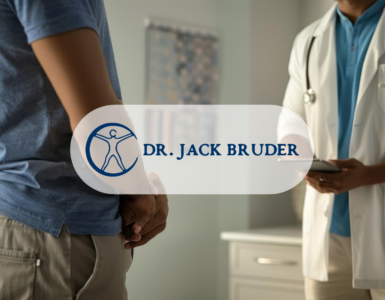When it comes to counseling, there are so many different strategies and techniques that counselors utilize. Although every counselor is different, there are common goals when it comes to dealing with different mental health illnesses. For instance, a counselor that is treating a patient for depression will be much different than helping someone overcome an eating disorder. That being said, for someone who is going to counseling for the first time for an eating disorder, the first session (no matter where you go) will have similarities. Here are the 3 things to expect during your first session of eating disorder counseling in Eastchester.
RELATED: Counseling Center helps families and individuals overcome obstacles, clarify values, and realize goals. To get psychotherapy in Eastchester, call (914) 793-3388.
Introduction
At the beginning, your counselor should introduce themselves and share with you their contact information and your confidentiality rights. Next, they will focus on getting to know you better. They will usually ask general questions about your life, such as whether or not you’re working, married, have kids, ever been to therapy before, etc.
Ask About Your Eating Disorder
After the general introduction, your therapist will want to know more about your eating disorder. This includes describing your eating habits, how you feel when you need to eat (stress/anxiety), how your eating disorder is affecting your personal life and relationships, how long it’s been going on, and more. They may even ask you questions about your past to help identify why it started. For instance, if it started 3 years ago, was there anything significant that happened during that year?
Talk About a Treatment Plan
Overcoming an eating disorder takes time, so the first session is just the beginning of the process. During your first session, your therapist will talk to you about what you want to achieve from counseling, how many days a week you want to come, and any concerns you have about it. Since eating disorders are often connected to mental health problems (such as depression, anxiety, or trauma), your therapist will not only help you learn healthy ways to deal with your eating disorder, but will also help you overcome the root of the problem, or anything in your everyday life that is also affecting your disorder.
Eating disorder counseling in Eastchester may be intimidating at first, but it’s necessary if you want to live a healthy and happy life. If you’re ready to start your journey, talk with an experienced counselor.





